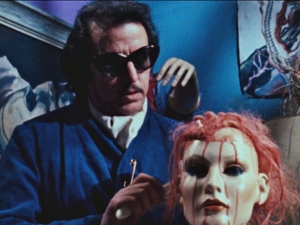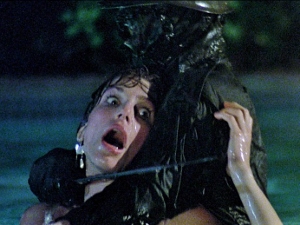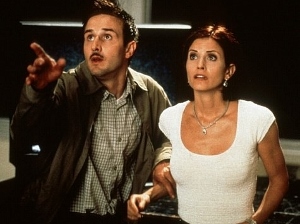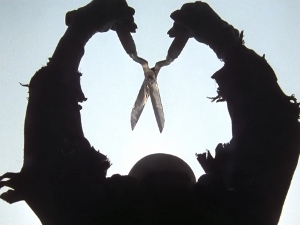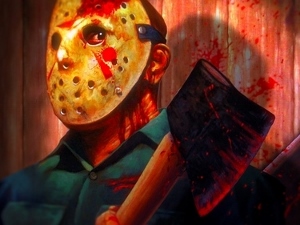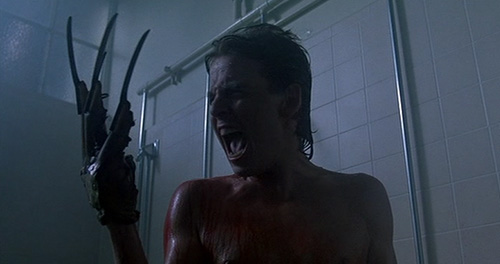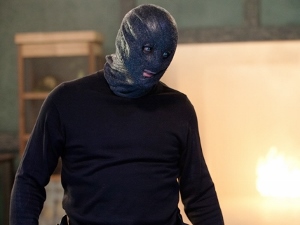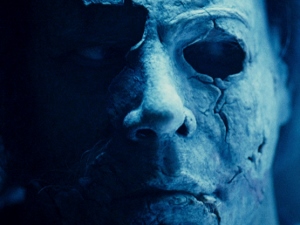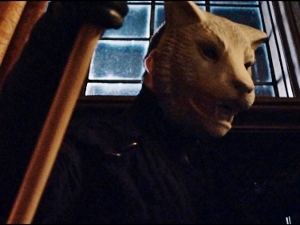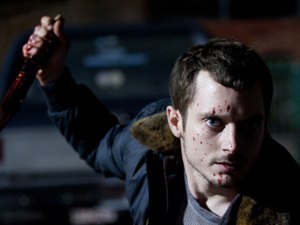The Prowler (1981)
Scream 2 (1997)
The Burning (1981)
Friday the 13th: The Franchise (1980-2009)
A Nightmare on Elm Street 2: Freddy’s Revenge (1985)
The Collector (2009)
Halloween II (2009)
[2]
When Rob Zombie re-booted Halloween in 2007, trading Michael Myers’ boogeyman mystique for a more pointed psychological explanation for his behavior, I didn’t hate it. While I much prefer not to see the man behind the mask or to understand his motivations, I thought Zombie’s remake was a somewhat interesting experiment. But his version of Halloween II is a whole different and far worse endeavor.
You’re Next (2011)
[6]
In this home invasion horror flick from writer Simon Barrett and director Adam Wingard (V/H/S), a group of animal-masked killers armed with crossbows and axes begin preying on a wealthy family coming together for the parents’ anniversary. The film spends a generous twenty minutes or so getting you acquainted with the family — including three sons, a daughter, and everyone’s significant others. But then the shit hits the fan, and it pretty much keeps hitting it for over an hour. You’re Next isn’t a drastic departure from formula, but it has a few surprises in store. If it took itself too seriously, it’d be easier to write it off as just another home invasion movie. But with its tongue-in-cheek humor and increasingly hyper-stylized execution (no pun intended), it reminds me of a good old-fashioned ’80s slasher/revenge movie. Is it derivative or classic? You decide — but nostalgia goes a long way with me.
Maniac (2013)
[6]
If you wanted to remake William Lustig’s 1980 slasher cornerstone with an abundance of point-of-view shots, you probably couldn’t do a better a job than Franck Khalfoun did with this remake. Maniac is beautiful and imaginative, photographed almost entirely from the killer’s (Elijah Wood’s) point of view. You really only see him in mirrors and other reflective surfaces. On one hand, the conceit is clever and cool, but on the other hand, it ends up being what I’m paying attention to — not the thin storyline or the operatic depiction of its psychologically scarred central character. I think less would have been more where the back story is concerned, and I’m not sure the perpetual POV tactic is the best way to tell this story.

